 In light of a decision reached by the Chief Rabbinate of Israel Council, a special moked/dispatcher will be established to address dealing with the deceased on Shabbos. To date, bodies are removed free of charge by a chevra kadisha on weekdays. One who is niftar on Shabbos would usually be left in the home until after Shabbos. In the past, families wishing to remove the body of a deceased from their home on a Shabbos had to pay for a private ambulance company, which usually charged NIS thousands.
In light of a decision reached by the Chief Rabbinate of Israel Council, a special moked/dispatcher will be established to address dealing with the deceased on Shabbos. To date, bodies are removed free of charge by a chevra kadisha on weekdays. One who is niftar on Shabbos would usually be left in the home until after Shabbos. In the past, families wishing to remove the body of a deceased from their home on a Shabbos had to pay for a private ambulance company, which usually charged NIS thousands.
The council has changed this with its decision. The phones will be answered by non-Jews, who will also pick up the bodies on Shabbos since the task does not fall under ‘pikuach nefesh’.
The new initiative is being made possible by funding from Bituach Leumi and the Ministry of Religious Services, with the initiative coming from the ministry. The new service has been approved by the Chief Rabbinate as well as the Forum of Chevra Kadishas.
The ministry feels this will be a service that is embraced by many families, now able to have a deceased removed before Shabbos ends without having to spend a large sum of money for the service.
(YWN – Israel Desk, Jerusalem)


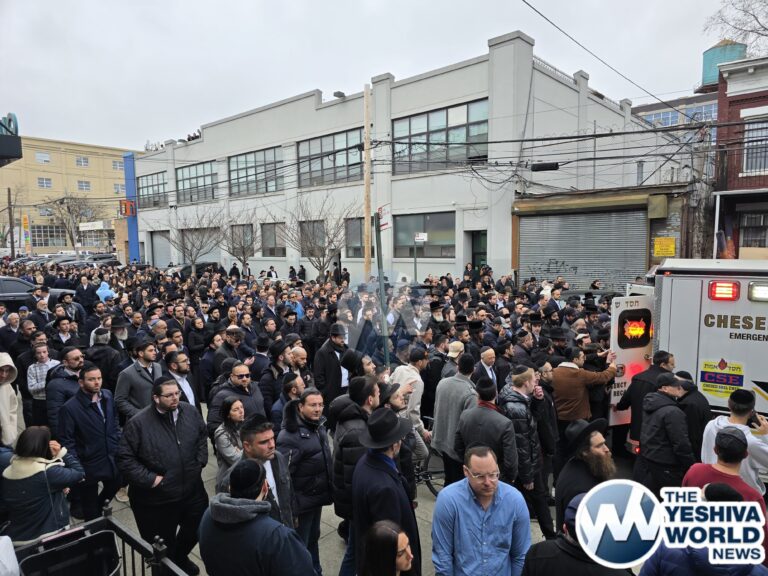
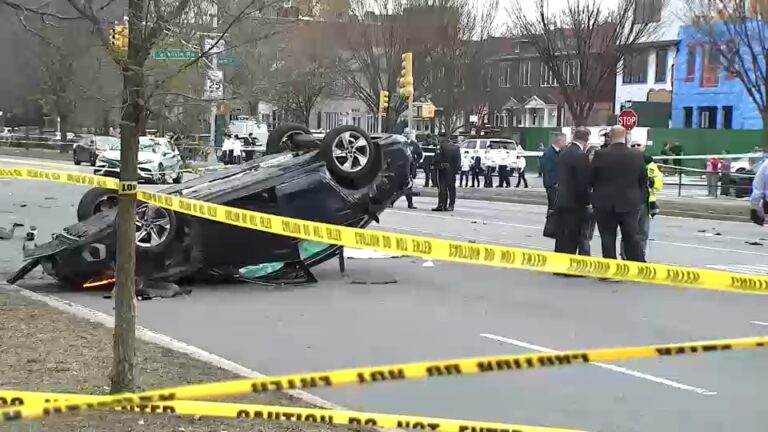
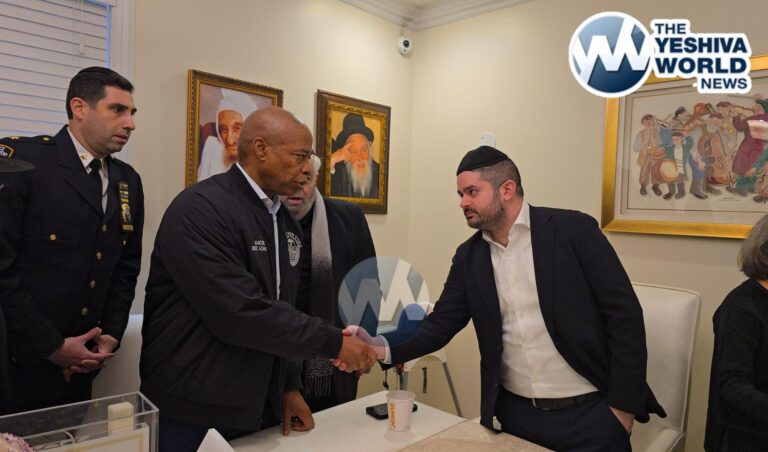
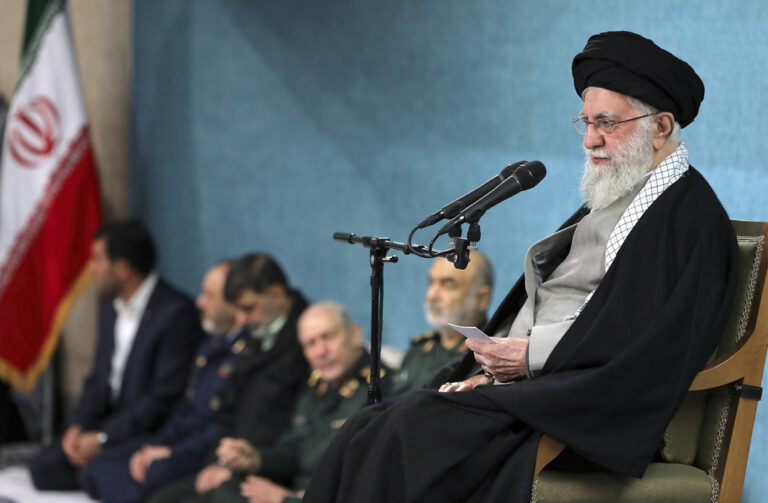
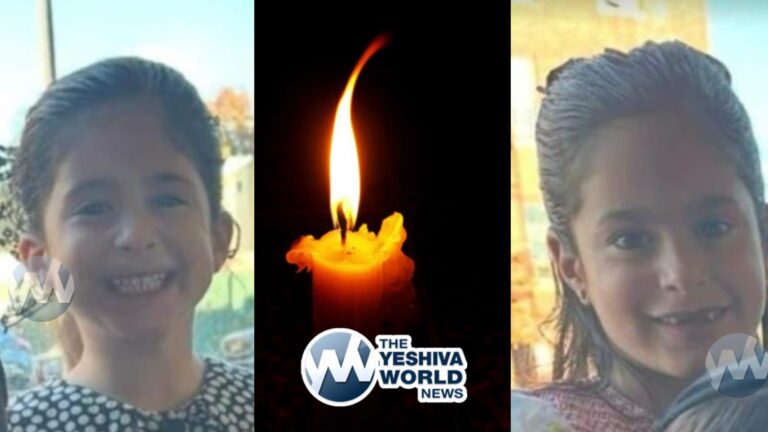
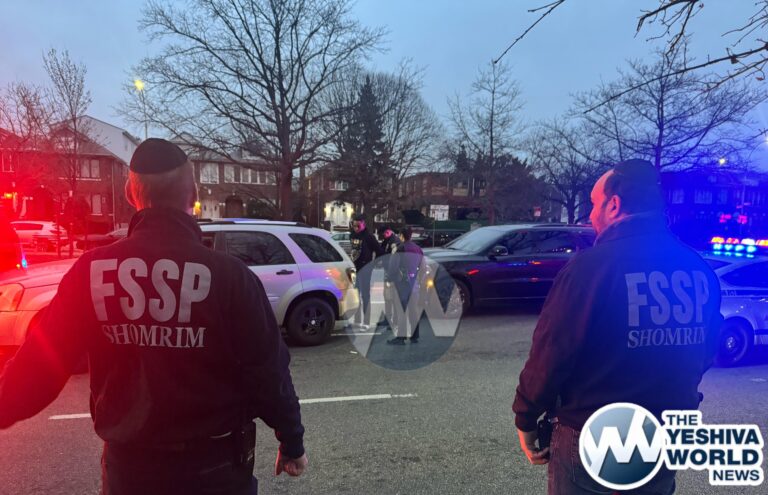

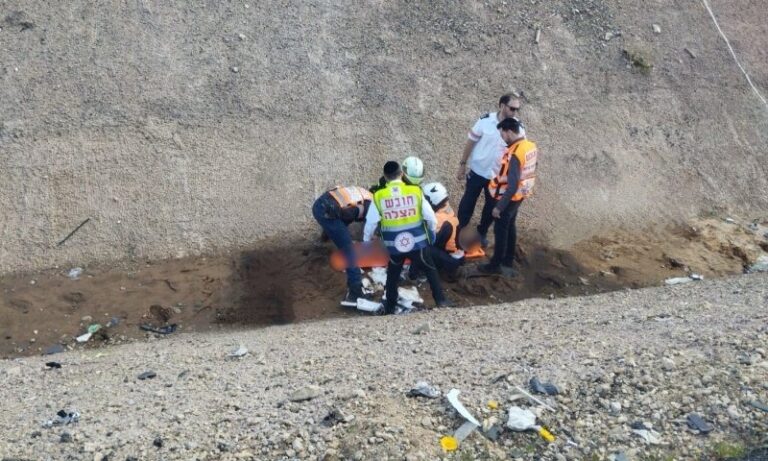
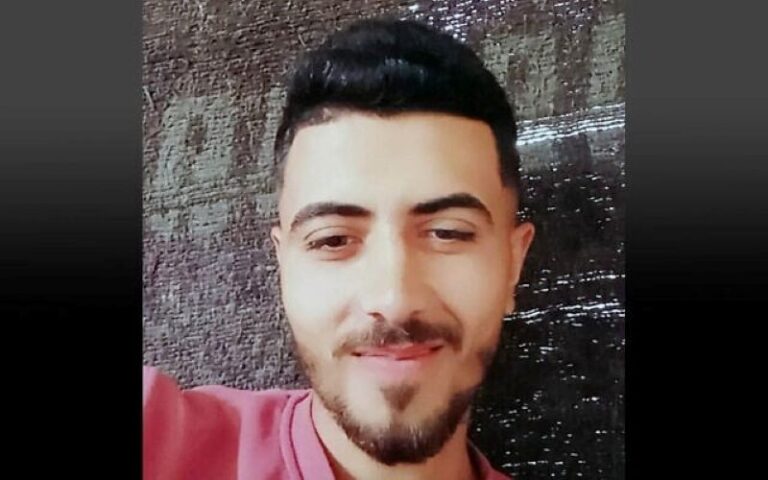
3 Responses
Ok, what about Shmirah?
Good move for כהנים residing in apartment blocks.
To No. 2
What do Kohanim do today in large apartment complexes or condos? Clearly, a Kohen living on the 3rd floor would have no way of knowing if someone on the 14th floor had been niftar overnight on shabbos and the family was waiting to motzi Shabbos to remove the body and arrange the levayah? Similiarly, they might not know even during the week if there was a niftar in the building and the chevra kadishah was backed up for several hours.